Biography
María López (PhD) is a lecturer and researcher at the Social and Human Sciences Faculty at the University of Deusto, qualified as a Private University Professor and Associate Professor by Unibasq and with a six-year research period. She holds a degree in Law from the University of Deusto, MA in Humanitarian Action (NOHA) and a PhD in Human Rights earned at the same University. Her thesis on Truth, justice and reparation processes for victims of forced disappearance in Western Sahara received the Brunet Prize in 2017. Her professional career has been linked to teaching and research. She lectures at the Social and Human Sciences Faculty at the University of Deusto and coordinates the Cluster of Human Rights and New Technologies in the European Master in Human Rights and Democratization and in the module on Legal Analytics in the Master of Laws in International Legal. Her research is especially focused on the interdisciplinary and intersectional approach to human rights violations and gender equality. She has participated in several international research projects such as H2020 Gearing Roles, RESISTIRE or Socio Bee.
- Human Rights
- Transitional Justice
- Gender Equality
- New Technologies
-
PhD on Human Rights Ethical, Social and Political Challenges., 2017
University of Deusto
-
Diploma of Advanced Studies on International Public Law and International Relations, 2007
UPV-EHU
-
Master’s Programme in International Humanitarian Action (NOHA), 2004
University of Deusto
-
Bachelor in Law, 2002
University of Deusto
Skills
90%
100%
10%
Experience
- Coordination of the Cluster on Human Rights and New Technologies
- Module on Human Right to Health and New Technologies
Projects
Recent & Upcoming Talks
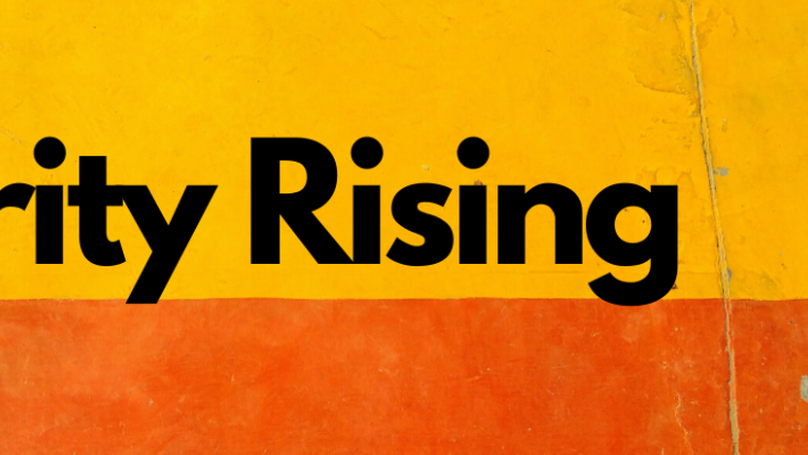
For the return of our Webinar series, and to mark the International Day of the Victims of Enforced Disappearances, we are receiving María López Belloso. The crime of enforced disappearance has been linked to the Sahrawi issue since its inception. It has been used as a repression tool by the occupying power, Morocco, to try to eliminate the Saharawi identity and the support to the Polisario Front. This presentation will address the magnitude of enforced disappearances in the context of the Sahrawi conflict based on the data provided by the IER (Equity and Reconciliation Committee) and the direct testimonies from the victims.
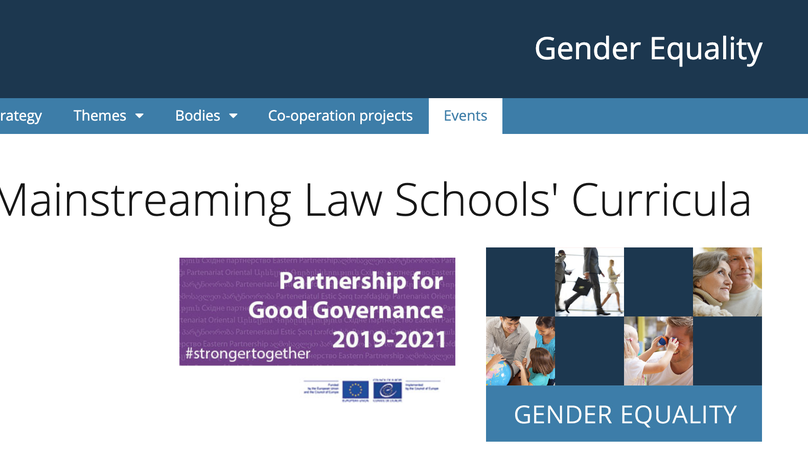
In the framework of the European Union and Council of Europe joint programme Partnership for Good Governance II under the regional project on Women’s Access to Justice: Delivering on the Istanbul Convention and other European gender equality standards, the Council of Europe is organising the launching webinar of the Checklist on Gender Mainstreaming Law Schools’ Curricula and its interactive online tool. Through a series of interactive online presentations, the event aims:
- to raise awareness on why gender mainstreaming reinforces access to justice for women - to introduce participants to challenges and good practices on gender mainstreaming in universities. - The event is targeting senior management from Faculties of Law in the Eastern Partnership region as well as other relevant stakeholders from Universities around Europe, with a focus on Law Schools.
Featured Publications
Recent Publications
Contact
- mlbelloso@deusto.es
- +34 944 13 90 00 ext. 5204
- Avda. Universidades 24, Bilbao, ES-BI 48007
- Office number 359
-
Monday 10:00 to 13:00
Wednesday 09:00 to 10:00 - DM Me
- Skype Me
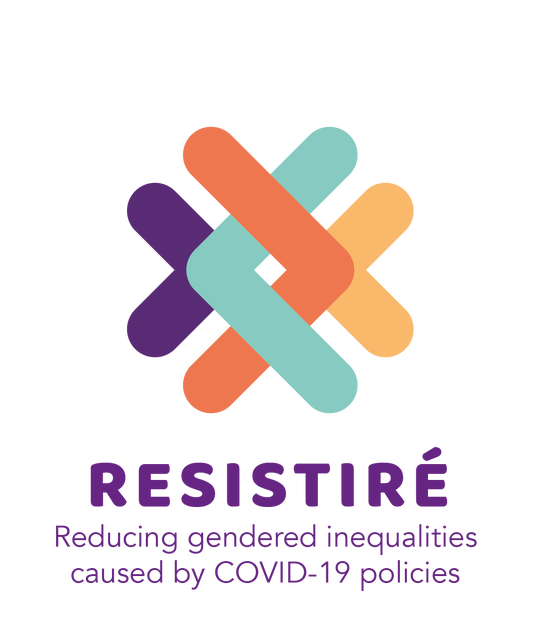
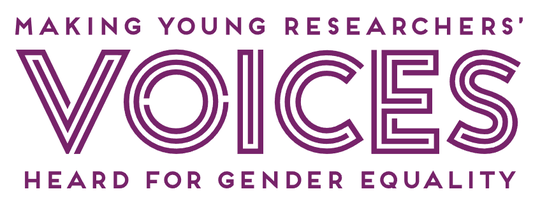
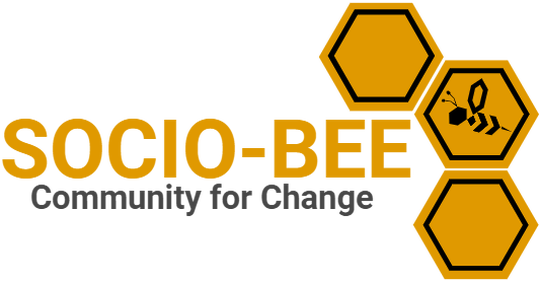
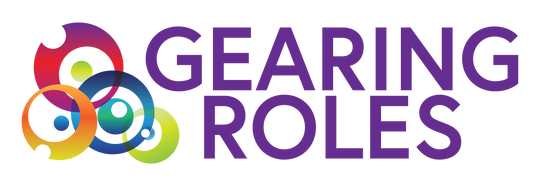
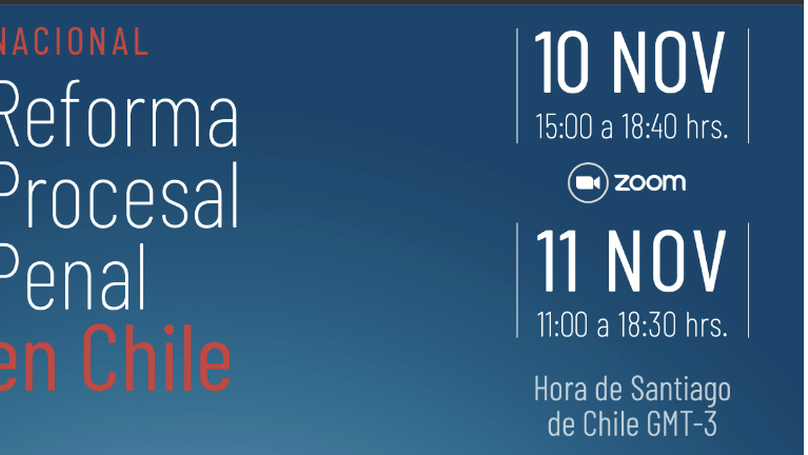
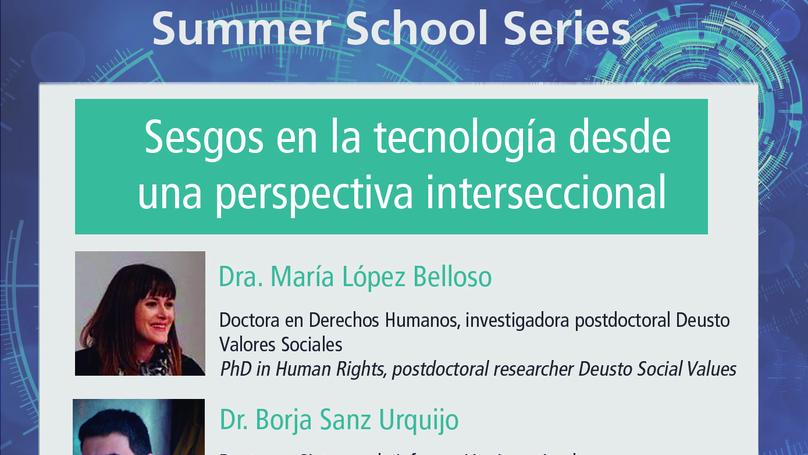
Social Impact
Artículo publicado en The Conversation
Artículo publicado en The Conversation
Entrevista en Noticias de Gipuzkoa
Entrevista en Noticias de Gipuzkoa
Dance your PhD is a initiative to promote the innovative scientific knowledge transfer through dance. In this video, we have use choreograpy a powerful social tool where dancers embody critical human rights uses and provide movement to the victims claims.Dance is able to coexist during hardships and violence, a way to connect individuals with people suffering and feelings. We have used movement to portray inequities and as an instrument to reveal the process of truth, justice, and reconciliation for sahrawi victims. The thesis (https://academica-e.unavarra.es/handl…), that recived the Brunet Award in 2017, delves into the answer provided by the IER to Sahrawi victims.
The curtain behind which the dissapeared dance, that is made with Melhfas (traditional women dresses), represents the silence and opposition that surrounds human rights violations in Western Sahara.
Recorded in January 2021 following all the security measures related to covid-19.